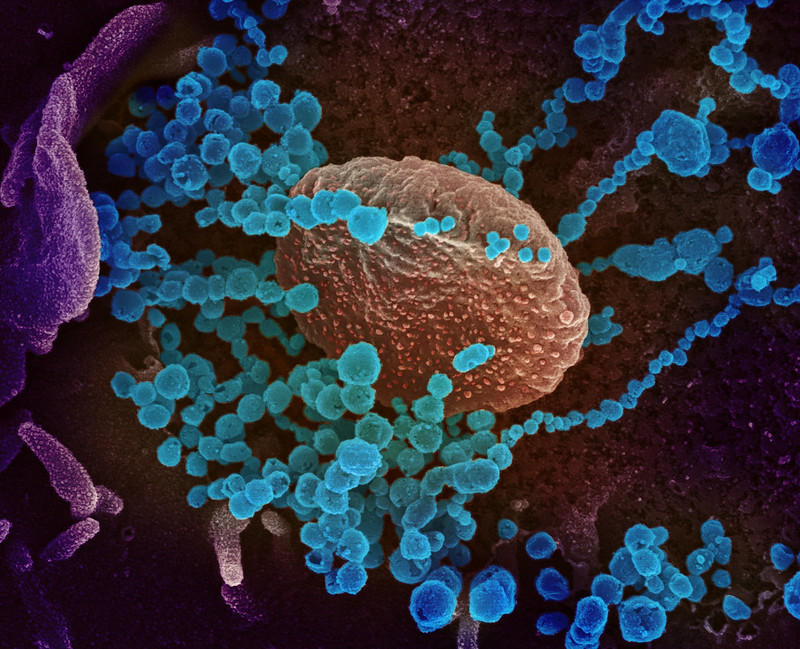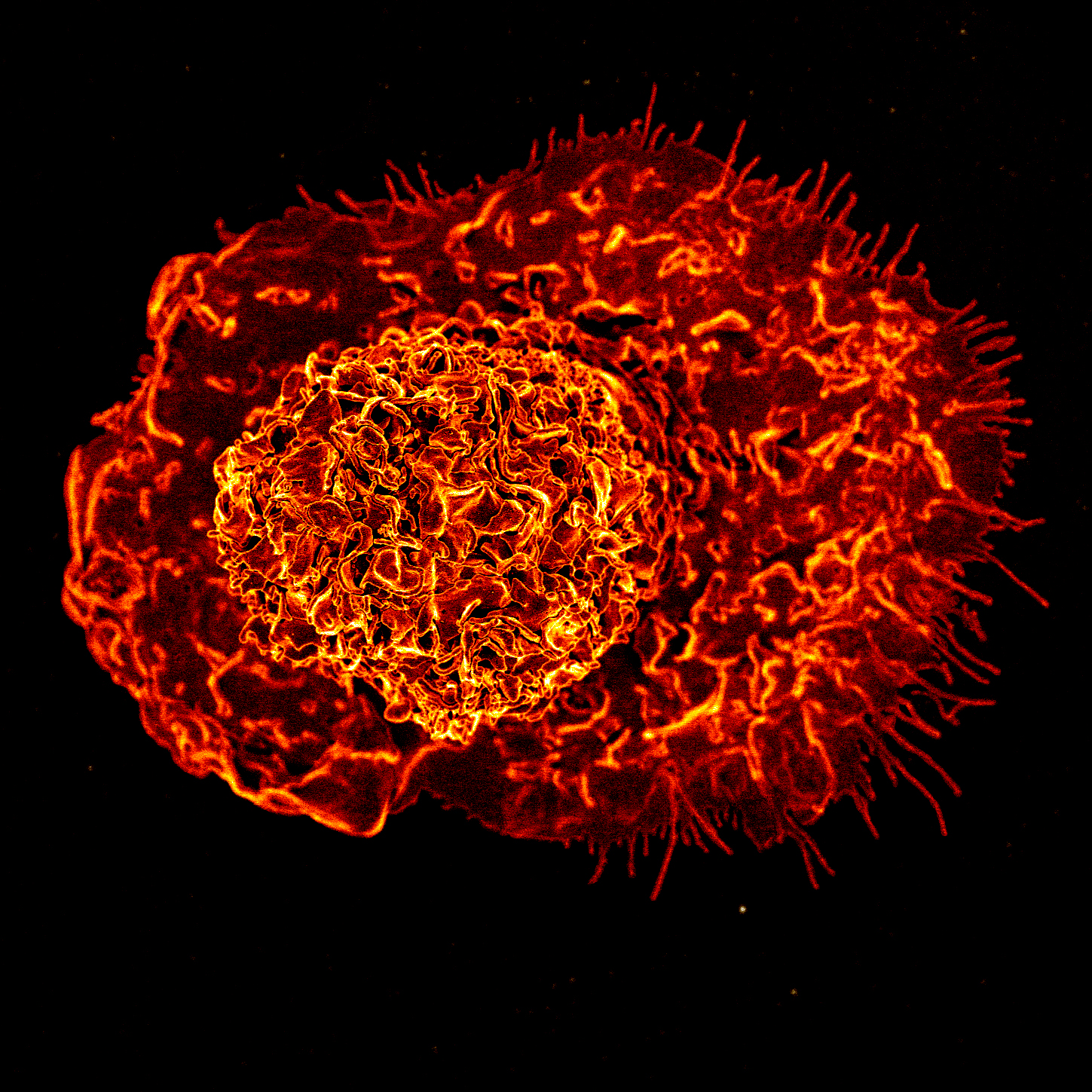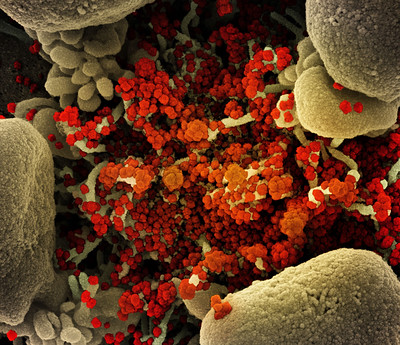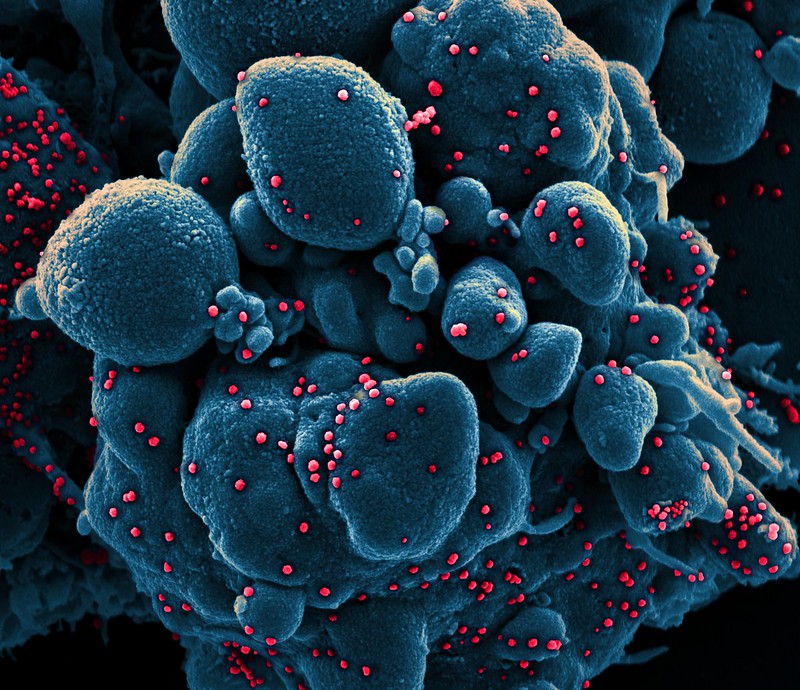Long COVID
Long COVID, or post-acute sequelae of SARS-CoV-2 (PASC), refers to a wide range of symptoms that adults and children may develop after having COVID-19. These symptoms, which can emerge, persist, resolve, and reemerge over weeks, months, and in some cases, years, can range from mild to incapacitating. Some of the most common Long COVID symptoms include shortness of breath and chronic coughing; “brain fog” (inability to think clearly); difficulty sleeping; loss of smell or change in taste; body aches and headaches; stomach pain; chest pain; exhaustion; fever; and mood changes. Most people with Long COVID develop symptoms days after learning they had COVID-19, but some people who later develop Long COVID experienced no symptoms with COVID. Additionally, Long COVID most often occurs in people who experience severe COVID-19 illness. However, each time a person is infected with SARS-CoV-2—the virus that causes COVID-19—they are at risk for developing Long COVID.
NIH RECOVER Initiative
In 2021, the NIH launched the Researching COVID to Enhance Recovery (RECOVER) initiative to learn more about how SARS-CoV-2 infection may lead to Long COVID and find ways to treat those conditions. Led by the NIH’s National Heart, Lung and Blood Institute (NHLBI), the National Institute of Neurological Disorders and Stroke (NINDS) and NIAID, RECOVER researchers have conducted studies that have provided important insights into who may be likely to develop Long COVID and how reinfections affect risk for Long COVID, identified health disparities in Long COVID, and provided data on the effect of SARS-CoV-2 virus on pregnant women.
Currently, RECOVER is conducting clinical trials examining interventions for viral persistence in people who had COVID; cognitive dysfunctions associated with Long COVID; autonomic problems affecting heart rate, blood pressure, temperature, and digestion; hypersomnia (problems staying awake during the day); and people with exercise intolerance or experiencing post-exertional malaise. Data from these and other RECOVER research studies may lead to potential therapies for Long COVID and clues for treating other infection-associated chronic conditions, such as myalgic encephalomyelitis/chronic fatigue syndrome (ME/CFS). Learn more about RECOVER.
NIH RECOVER-TLC Initiative
In 2024, the NIH announced the RECOVER Treating Long COVID (TLC) initiative, designed to build upon RECOVER’s earlier and ongoing work by developing clinical trials aimed specifically at identifying promising treatments and other therapies for Long COVID patients. Led by NIAID, the RECOVER-TLC program will apply the clinical trials approach used in NIH’s Accelerating COVID-19 Therapeutic Interventions and Vaccines (ACTIV) program to address newly identified biological mechanisms and unique symptoms associated with Long COVID. Learn more about RECOVER-TLC.
MIS-C and Long COVID in Children
Multisystem inflammatory syndrome in children (MIS-C) is a rare but serious condition associated with SARS-CoV-2 where different internal and external body parts become inflamed, including the heart, lungs, kidneys, brain, skin, eyes, or gastrointestinal organs. The main risk factor for developing MIS-C is being infected with SARS-CoV-2 typically within the previous 2-6 weeks, although many children with MIS-C have had no or few symptoms of COVID-19.
CARING for Children with COVID
NIAID, the National Heart, Lung, and Blood Institute (NHLBI), and the Eunice Kennedy Shriver National Institute of Child Health and Human Development (NICHD) have launched the Collaboration to Assess Risk and Identify Long-term Outcomes for Children with COVID (CARING for Children with COVID), which is developing and funding studies to investigate why some children are at greater risk for SARS-CoV-2 infection than others, why symptoms vary among children who are infected, and how to identify children at risk for severe illness, including MIS-C, from SARS-CoV-2 infection. Read more about CARING for Children with COVID.
NIH Clinical Center and Children’s National Hospital Study
As part of the RECOVER Initiative, NIAID and Children’s National Hospital in Washington, D.C., are conducting a long-term study on the impacts of COVID-19 on children. The Pediatric COVID Outcomes study (PECOS), which launched in 2021, is expected to yield a detailed picture of COVID-19’s effects on the overall health of children, their development and immune responses to infection, and their overall quality of life in the years following infection. Read more about PECOS.
Scientific Advances
First Webinar of Long COVID Treatment Initiative Highlights Early Progress
November 26, 2024NIAID and the Foundation for the National Institutes of Health (FNIH) launched its first in a series of online webinars highlighting recent progress in the new Researching COVID to Enhance Recovery - Treating Long COVID (RECOVER-TLC) program.

Severe COVID-19 May Lead to Long-Term Innate Immune System Changes
August 18, 2023Severe COVID-19 may cause long-lasting alterations to the innate immune system, the first line of defense against pathogens, according to a small study funded by the National Institute of Allergy and Infectious Diseases.

NIAID Pandemic Autopsy Study Fosters Long COVID Treatment Trial
December 14, 2022A COVID-19 autopsy study from NIAID and many other collaborators helped researchers rethink where SARS-CoV-2 spread in the body and how long its remnants persisted.

NIAID Study Searches for Answers in Mystery of Long COVID
June 7, 2022NIAID investigators recently published initial results from a study seeking to characterize and better understand persistent symptoms some people experience after having COVID. These persistent symptoms, often referred to as “long COVID,” can sometimes be debilitating, and their cause is currently unknown. This single-site study is part of a larger research effort across multiple institutes at…

NIH Scientists Advance Understanding of Pediatric Immune Responses to COVID-19 and Rare Inflammatory Syndrome
February 18, 2022A comprehensive analysis evaluating immune responses in children with SARS-CoV-2 infection and in those with a rare post-infection inflammatory syndrome called MIS-C has revealed distinct immunopathological signatures associated with each condition.



